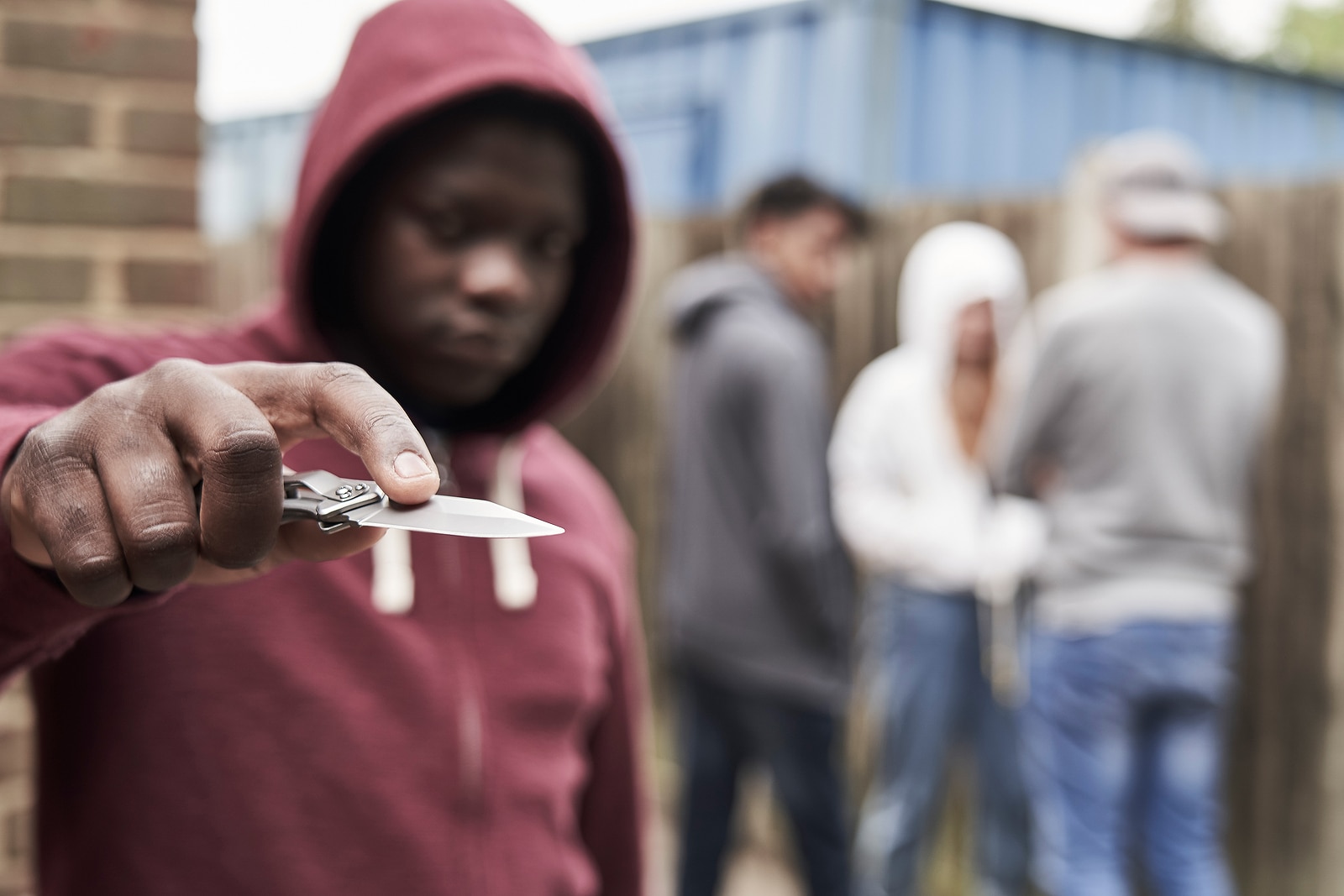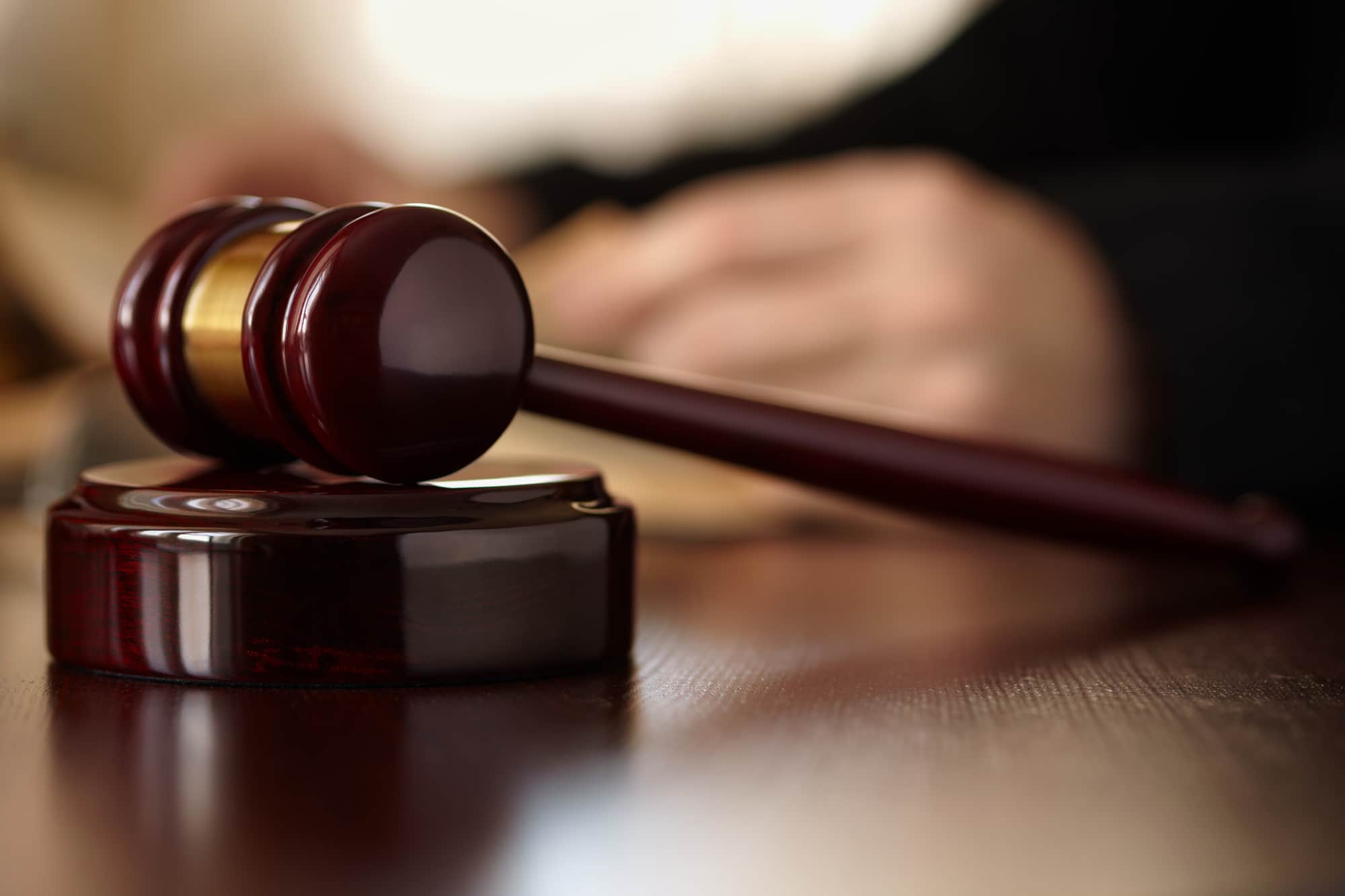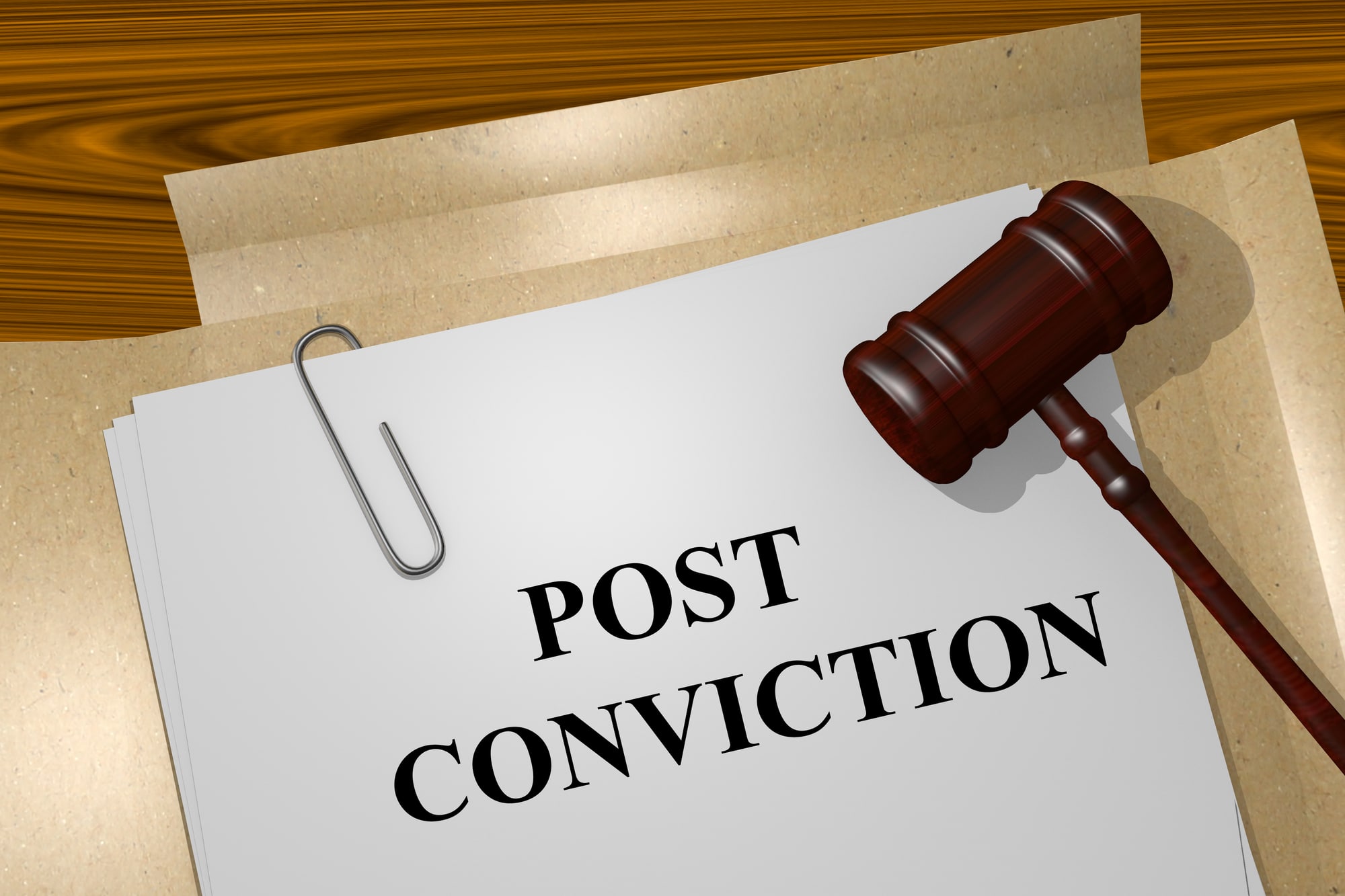Who is Considered a Juvenile in Idaho?
According to the Idaho Legislature, most offenses committed by individuals under 18 years of age are considered juvenile offenses.
However, certain exceptions to this rule lower the age to 14 and even lower in extenuating circumstances. These exceptions state that the child in question would be tried as an adult.
What are Common Juvenile Crimes?
The penalties resulting from crimes committed by juveniles aim to rehabilitate, rather than incarcerate, the child. For this reason, counseling, education, or drug rehab programs may be ordered for the offender and the family. This is done pursuant to the principles of the Idaho juvenile corrections system to hold the child accountable for crimes committed and to encourage growth toward becoming a contributing member of a diverse community. Typical examples of juvenile offenses include:
- Minor theft
- Vandalism
- Assault or Battery
- Possession of alcohol, tobacco, or drugs
- Sexual misconduct*
* Tatum Wysocki Law does not represent juveniles (or adults) charged with sexual offenses.
What Are Crimes That Cause Juveniles To Be Tried As Adults?
When juveniles commit more serious crimes and felonies, they may be tried as an adult. Being tried as an adult carries harsher penalties and can result in jail time. The court uses certain criteria to determine whether the child will be tried as a juvenile or an adult. Crimes typically charged in adult court include the following:
- Murder
- Robbery
- Rape*
- Mayhem
- Forcible sexual penetration with a foreign object*
- Crimes against nature*
- First degree or aggravated arson
- Manufacturing or distributing narcotics within 1,000 feet of a school zone
- Assault or battery with intent to commit another of the above crimes
* Tatum Wysocki Law does not represent juveniles (or adults) charged with sexual offenses.
What Criteria Determine If A Juvenile is Tried As An Adult?
Specific situations and circumstances determine whether or not a juvenile offender will be tried as an adult. The court will weigh these criteria against what is in the best interest of justice. If a child has previously been tried in an adult court, future charges may also automatically be presented in the adult system. The following factors are considered:
- Whether the alleged crime is a serious felony listed above (Murder, Robbery, etc)
- Whether the alleged crime would have been a crime if committed by an adult
- Whether the juvenile, or adult already under the purview of the juvenile system, has any mental disabilities
- Previous criminal history and convictions
Does a Juvenile Offender Serve Jail Time?
When making a determination of whether to hold a juvenile in custody prior to disposition of a case, the court weighs the following factors:
- Is the juvenile a threat to him/herself?
- Is the juvenile a threat to others?
- Is the juvenile likely to run away prior to a hearing?
- What is the juvenile’s age?
- What is the offense for which the juvenile is being held?
- Does the juvenile have a past history of offenses?
- What does his/her school record look like?
- Where and with whom does the juvenile currently live?
At disposition, the court may order custody of the juvenile to the Department of Juvenile Corrections for as long as it deems just and appropriate within the maximum penalties for the offense committed, but Juveniles will not remain in department custody beyond the offender’s nineteenth birthday, unless the custody review board determines that extended time in custody is necessary to address competency development, accountability, and community protection; provided however, that no juvenile offender shall remain in the custody of the department beyond the juvenile offender’s twenty-first birthday.
A court shall not commit any juvenile under ten years of age to a period of detention or department custody.
Will a Juvenile Tried as an Adult Serve Jail Time?
Once a juvenile has been formally charged or indicted for criminal prosecution as an adult, the court must decide if he or she will be held in a detention center with adult inmates. In most cases, juveniles are not held in the same area as adults except under certain conditions. The court considers the following information:
- The age of the offender
- The physical and mental maturity of the offender
- The present mental state
- The nature and circumstances of the offense
- History and prior delinquent acts
- The ability of the detention center to meet the needs of the juvenile as well as protect public safety
- Any other factors deemed relevant
What Other Consequences Do Juvenile Offenders Face?
In addition to the possibility of mandatory counseling, classes, and commitment to a detention center, juvenile offenders may also face other penalties. Some of those penalties include:
- Probation: A juvenile may be placed on formal probation for up to three years, except in sex cases where formal probation may not exceed past the offender’s twenty-first birthday.
- Rescinded driving privileges: A juvenile’s driving privileges may be suspended or restricted for a determined period. Restricted driving privileges may be requested from the court to allow for employment, education, or family health needs.
- Sexual offender registration: Any juvenile convicted of a sexual crime could be required to register on the national offender database.
- Restitution: The court may order the juvenile, the parents, or both to pay restitution to any victim who has suffered an economic loss due to the juvenile’s misconduct.
Can the Court Make an Order Against the Parents?
The court can mandate that the juvenile and the juvenile’s parent(s) or legal guardian sign a probationary contract that contains the terms and conditions that all parties must uphold as part of the juvenile’s probation. Terms and conditions in the contract may include a monetary penalty or fine of up to $1,000 for the breach of the contract. Additionally, violation of the contract may result in contempt proceedings where the individual may be charged a $5,000 fine or five days in jail.
What Are the Parents’ Rights and Responsibilities?
Parents have the right to:
- An attorney
- Ask questions to understand what is happening
- Participate in decisions
- Confidentiality of all treatment records
- Be treated with respect and dignity
Parents’ responsibilities include:
- Monetary restitution to victims
- Supervise and confine the offender when appropriate
- Participation in counseling or treatment
- Enforce rules and consequences to avoid subsequent offenses
- Attorney costs, assessments, and treatment based on ability to pay
Do I Need an Attorney?
If your child has been arrested or detained, your first call should be to secure legal representation. This is the best help you can give your child. Call Tatum Wysocki Law, today at 208-999-4529 or fill out a contact form for a free consultation.




